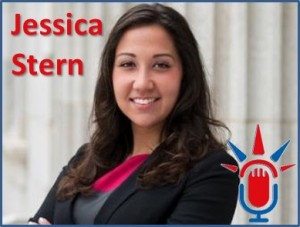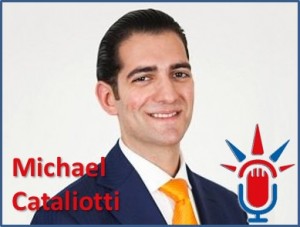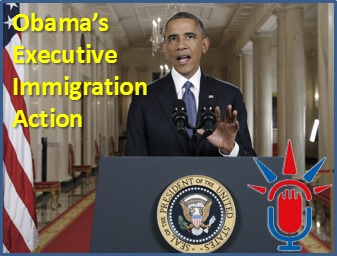In this episode we talk to Immigration Attorney Jessica Stern about CRImmigration and Defending non-citizens with criminal matters and the implications on immigration status.
Listen to this show using the web player below or your podcasting app of choice.
Subscribe via iTunes or Stitcher to get the next episode when it is released
 Jessica Stern is a bright, spirited courtroom lawyer and a champion for justice. Blending her experience from years as a public defender and then as an Associate with the well-respected white collar defense firm, Jessica founded STERN Law.
Jessica Stern is a bright, spirited courtroom lawyer and a champion for justice. Blending her experience from years as a public defender and then as an Associate with the well-respected white collar defense firm, Jessica founded STERN Law.
In addition to her traditional criminal defense practice, Jessica Stern has a strong passion to help non-citizens successfully navigate through the criminal process in order to avoid immigration consequences. She also has the skill and knowledge to handle any immigration-related matter in any Immigration Court nationwide – such as removal/deportation defense or other forms of immigration relief.
In this episode you will hear:
- The blending of Criminal Law and Immigration Law
- When a noncitizen is facing criminal charges and not understanding how those criminal charges and ultimately potential criminal convictions could affect their current immigration status is the U.S.
- When a person already has a criminal conviction or now in deportation proceedings and maybe trying to achieve some sort of immigration status and adjust their status but worried about whether they can because of their criminal conviction.
- When a worker got arrested for shoplifting and concerned about how its going to affect the visa status.
- Lawyers who are representing the employer of a particular working visa holder with criminal charges navigating the impact of the immigration status.
- A foreign national having to leave the U.S. while there is a pending criminal case.
- A permanent resident allegedly using a fake receipt and considered as a forgery offense currently in immigration custody.
- How wordings will affect how the immigration court views the sentence versus what the actual intentions of the criminal court were.
- CRimmigration being a great resource for both criminal practitioners or criminal defense attorneys and immigration attorneys who have a foreign national client who may already have a conviction.
Jessica’s parting thoughts:
- If a person is not a citizen, they’re always at risk potentially for deportation of any criminal scenario.
- Any person regardless of how long they’ve been a lawful permanent resident or how long they’ve held their current visa, if a person is not a U.S. citizen, they are still affected by the laws of the immigration regardless of nationalities.
Jessica specializes in:
- Criminal defense for people with criminal charges.
- Foreign nationals facing deportation proceedings.
- Family Based immigration.




